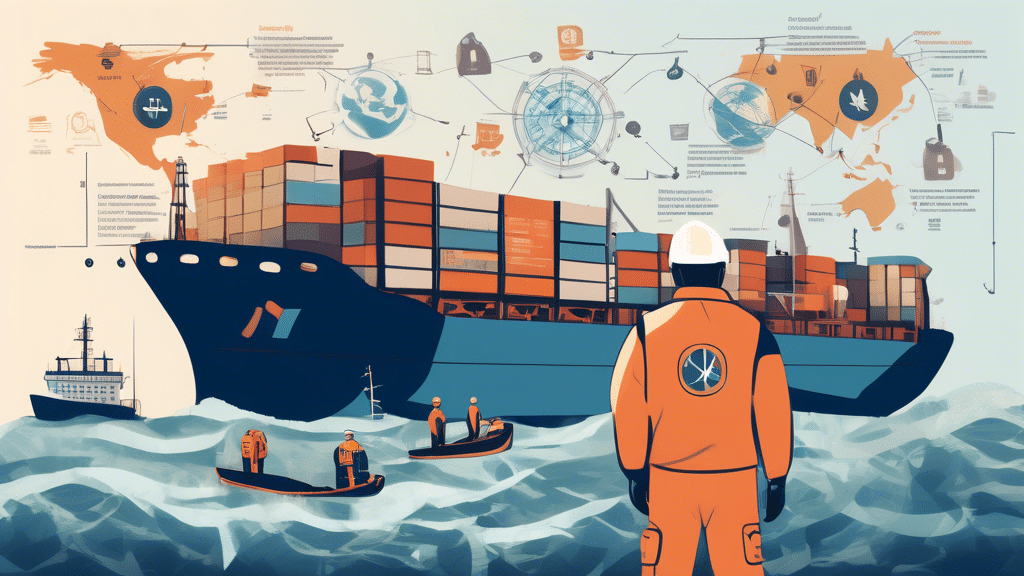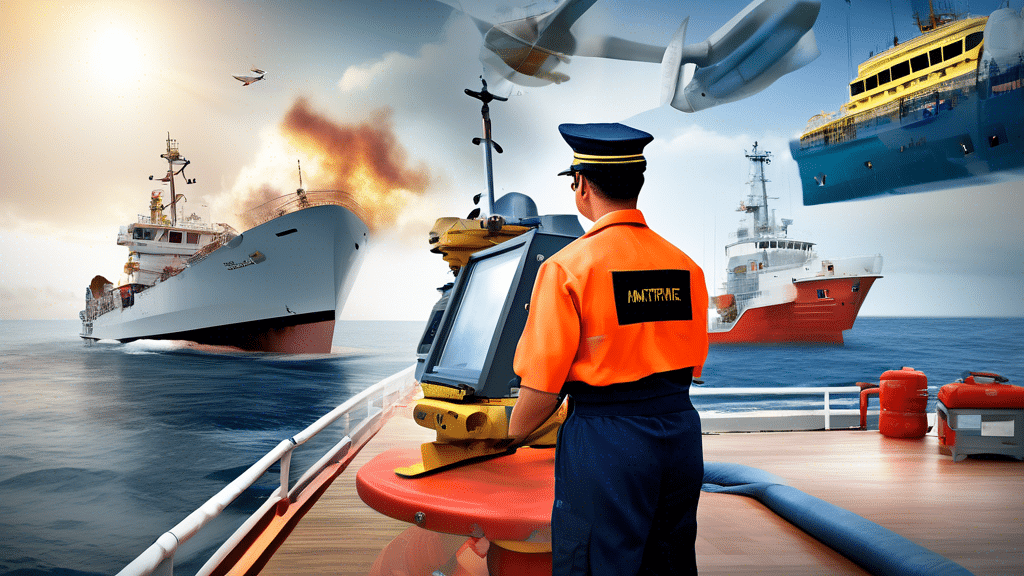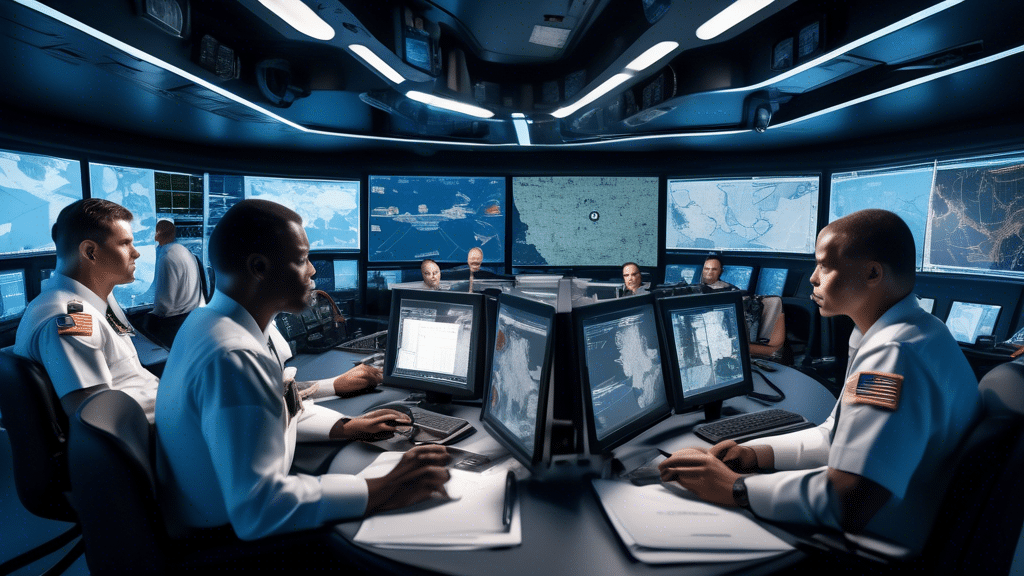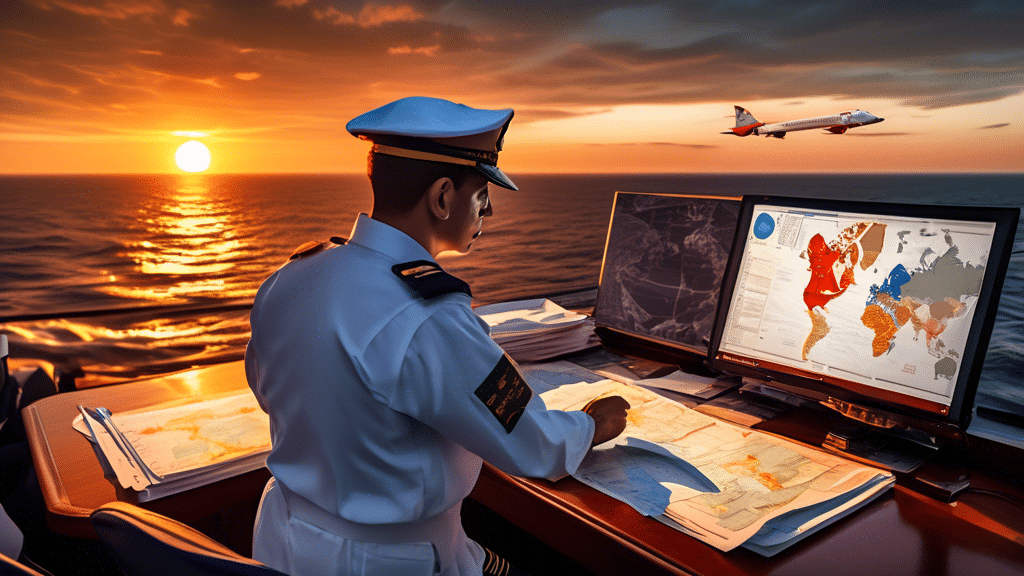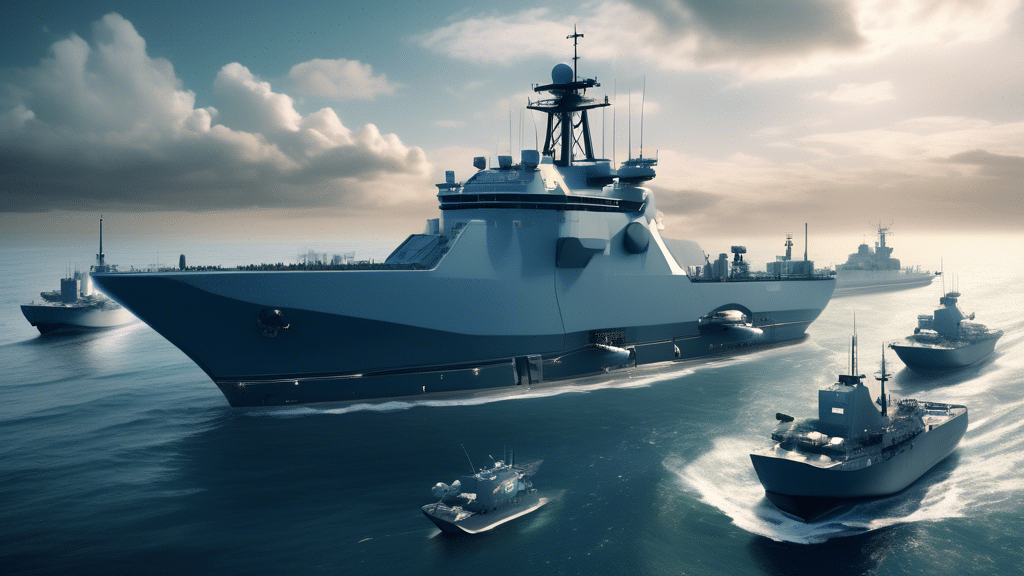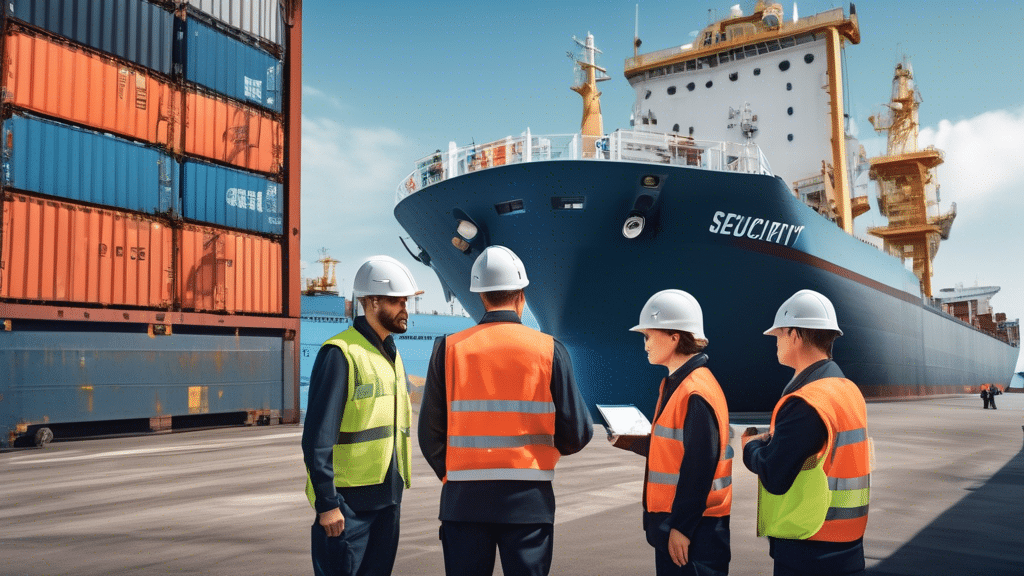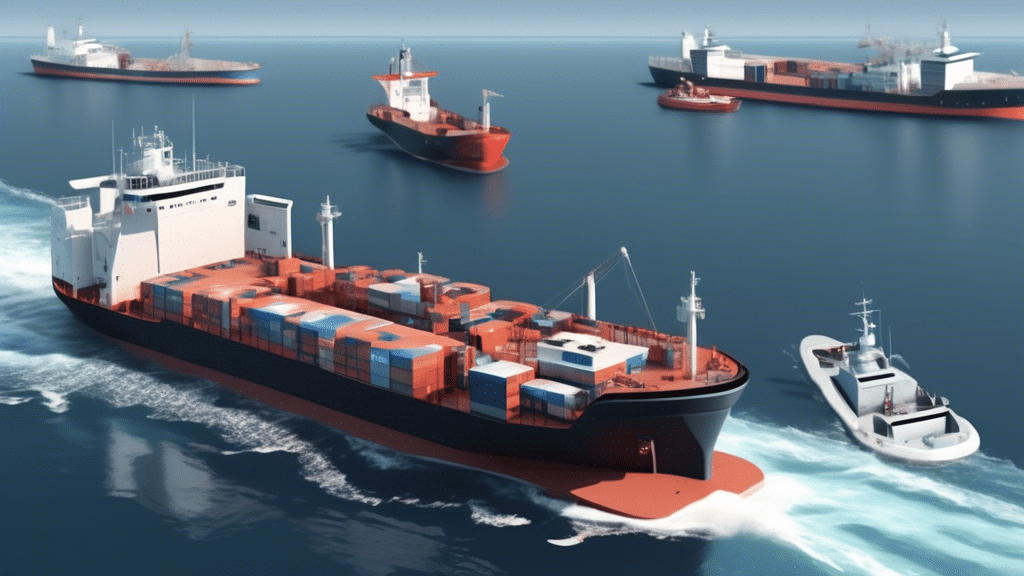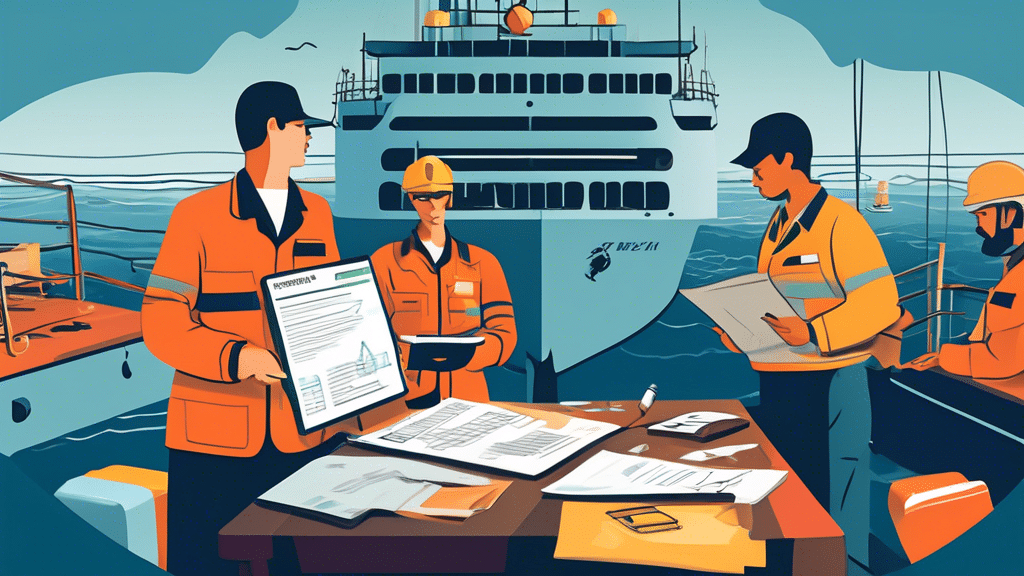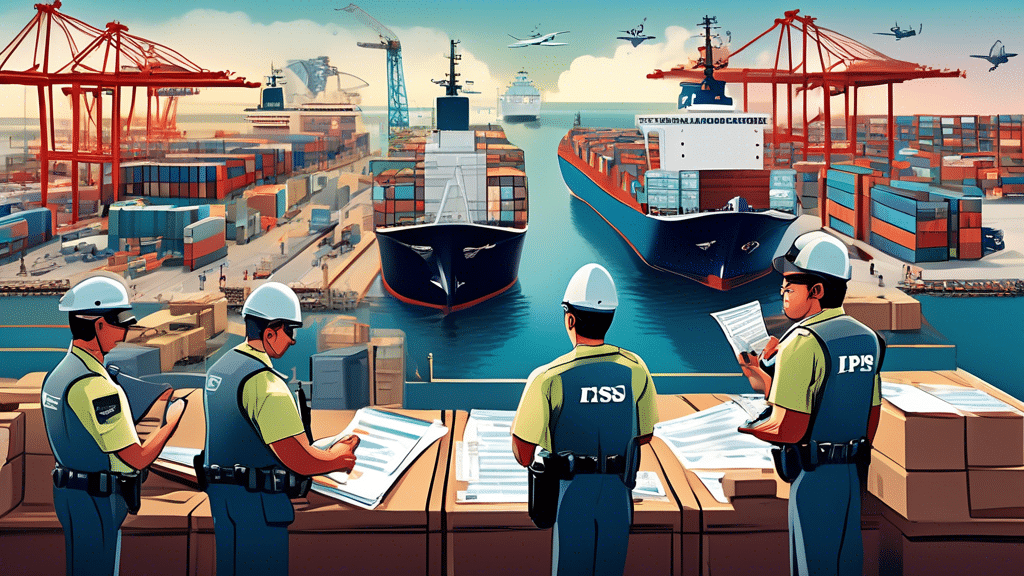The International Safety Management Code
The International Safety Management (ISM) Code is an essential framework established by the International Maritime Organization (IMO) designed to ensure the safe operation of ships and the prevention of pollution. Since its adoption in 1994 and its subsequent enforcement starting in 1998, the ISM Code has become a touchstone for maritime safety standards. Adhering to this code not only meets regulatory requirements but also substantially mitigates risks, enhancing the overall safety and efficiency of maritime operations. Implementing the ISM Code effectively is imperative for maritime companies striving to achieve operational excellence and maintain compliance with international standards.
Key Elements of the ISM Code
The ISM Code is structured around several key elements that guide shipping companies in establishing a comprehensive safety management system. These elements include:
- Safety and Environmental Protection Policy: A guiding policy established by the highest levels of management to promote safety and protect the environment.
- Company Responsibility and Authority: Clearly defined roles, responsibilities, and the authority of personnel managing and operating ships.
- Designated Person Ashore (DPA): An individual assigned to oversee the safe operation of each vessel and act as a point of contact between shore and shipboard operations.
- Master’s Responsibility and Authority: The master’s overriding authority and responsibility to make decisions concerning safety and environmental protection.
- Resources and Personnel: Provision of adequate resources, training, and support to ensure safe ship operations and pollution prevention.
- Development of Plans for Shipboard Operations: Development of detailed, documented procedures for all significant shipboard operations.
- Emergency Preparedness and Contingency Planning: Procedures for identifying potential emergencies and preparing effective responses.
- Reports and Analysis of Non-conformities, Accidents, and Hazardous Occurrences: Mechanisms for reporting and analyzing incidents to prevent recurrence.
- Documentation: Comprehensive documentation of all aspects of the safety management system.
- Company Verification, Review, and Evaluation: Regular internal audits and management reviews to verify the effectiveness of the safety management system.
Steps to Implement the ISM Code
Commitment from Top Management
The successful implementation of the ISM Code begins with a firm commitment from senior management. Leadership must not only establish a Safety and Environmental Protection Policy but also actively support its ongoing enforcement. This starts by allocating appropriate resources and appointing a Designated Person Ashore (DPA) who has direct access to the highest management levels.
Development and Documentation of Procedures
Shipping companies must develop detailed procedures that cover all aspects of shipboard operations. These procedures should be meticulously documented to ensure clarity and consistency. The documentation should address routine activities, safety protocols, and emergency responses, providing a comprehensive blueprint for safe operations. Clearly defined responsibilities for ship and shore personnel are crucial during this phase.
Training and Familiarization
The effectiveness of the ISM Code relies significantly on proper training. Personnel at all levels, both ashore and on board, need to be thoroughly familiarized with the safety management system. Training programs should be tailored to the specific roles and responsibilities of employees, ensuring that everyone understands how to implement the system effectively. Regular drills and simulations can be beneficial for reinforcing procedures and ensuring readiness in case of emergencies.
Conducting Internal Audits and Reviews
Periodic internal audits are essential for verifying compliance with the ISM Code. These audits help identify non-conformities, assess the effectiveness of implemented procedures, and recommend corrective actions. Management reviews should follow audits to ensure continuous improvement. Conducting these internal evaluations helps to maintain the integrity of the safety management system and adapt it to changing conditions or new regulations.
Continuous Improvement and Feedback Loop
The ISM Code should be viewed as a dynamic system that evolves through continuous improvement. Learning from incidents, analyzing operational data, and implementing feedback are crucial steps in refining the safety management system. Encouraging open communication within the organization fosters a safety culture where lessons learned from non-conformities and near-misses are actively used to enhance safety practices.
Challenges and Solutions in ISM Code Implementation
Implementing the ISM Code can present several challenges, ranging from resource allocation to resistance to change within the organization. To overcome these challenges, shipping companies should focus on fostering a culture of safety that permeates every level of the organization. This involves:
- Securing Sufficient Resources: Ensuring adequate financial and human resources to support the safety management system.
- Engaging and Training Employees: Developing comprehensive training programs and encouraging active participation from employees.
- Transparent Communication: Promoting open communication channels for reporting issues and sharing best practices.
- Leadership Support: Demonstrating visible and ongoing commitment from top management.
- Regular Monitoring and Feedback: Implementing robust monitoring mechanisms and using feedback to drive continuous improvement.
Implementing the International Safety Management Code requires a strategic and committed approach. By focusing on key elements such as leadership commitment, comprehensive training, detailed documentation, and continuous improvement, shipping companies can enhance their safety standards and ensure compliance with international regulations. Ultimately, a well-implemented ISM Code contributes to the safeguarding of human life, the marine environment, and the effective and efficient operation of maritime activities.


